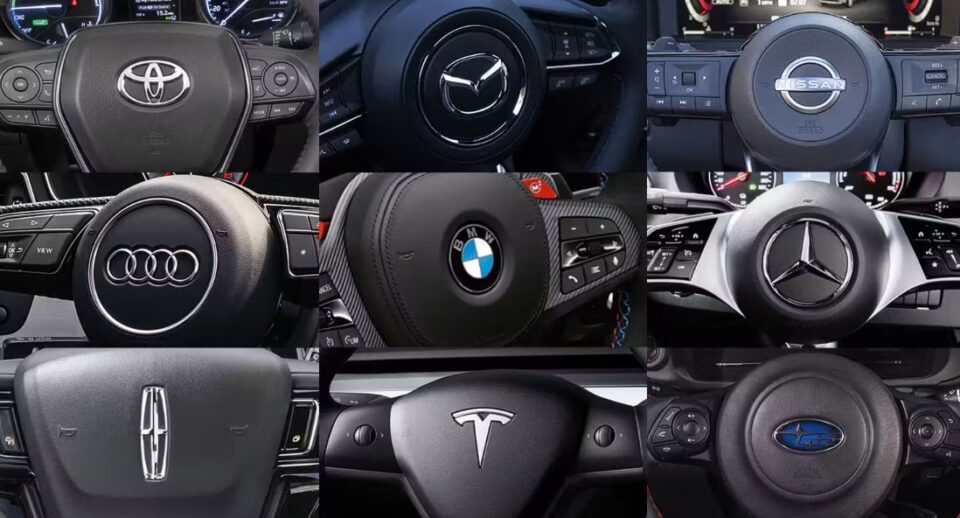The new tariffs that Trump has promised to impose have many automakers considering their positions in the U.S. market. While there is much disagreement about who will suffer the most, all automakers agree that buyers will again bear the brunt of the price increases.
According to MarketWatch, cars will increase in price by an average of $3,000, which will be added to the already exorbitant average price of $45,000. And that is one of the best-case scenarios. According to S&P Global Mobility, the average car value could double.
The Indy Auto Man experts analyzed the current market situation to understand which brands could see price increases.
Ford seems concerned and annoyed
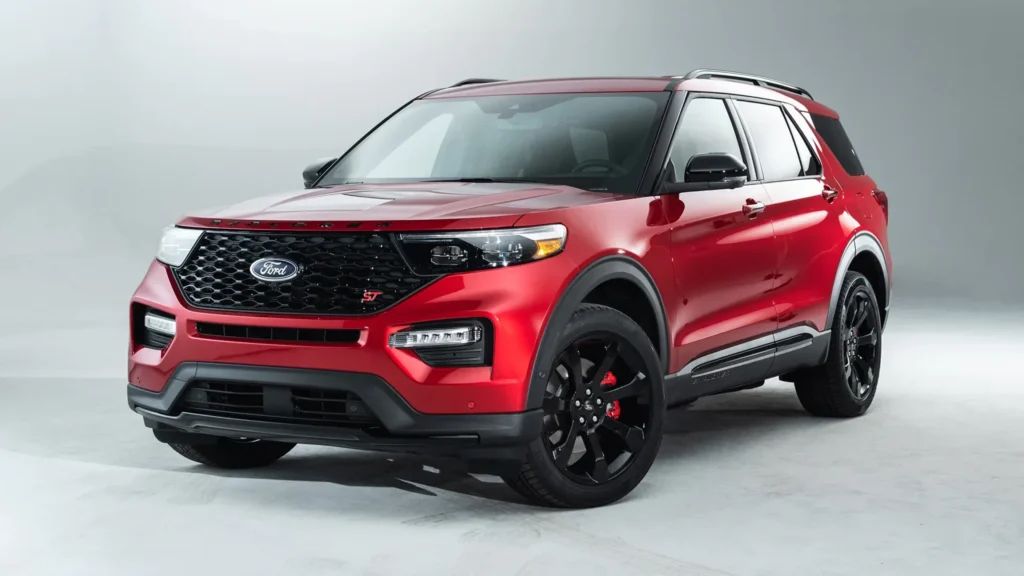
Ford Motor CEO Jim Farley was disappointed when he learned of the tariffs. He believes that if implemented, they will have a huge impact on the entire industry, wiping out billions of dollars in profits and negatively affecting the labor market and the auto industry value system.
Farley then questioned why Canada, Mexico, and China were chosen as targets. He defended his company, noting that about 80% of Ford vehicles sold in the United States are made domestically, as well as all transmissions and half of the engines. Ford has three plants in Mexico: an engine plant in Chihuahua and two assembly plants in Cautitlan and Hermosillo, as well as an assembly plant in Oakville, Canada, where they plan to build F-series pickups with gasoline engines starting in 2026. Last year, the company exported just under 196,000 vehicles from Mexico. At the same time, according to Mexico’s AMIA, 90% of them went to the United States.
General Motors stays cautious
Last year, GM imported about 750,000 vehicles from Canada and Mexico. These include some of GM’s most popular models, including the full-size Chevrolet Silverado and GMC Sierra pickups, as well as midsize SUVs. GM’s Mexican plants also produce the company’s two new EVs, versions of the Equinox and Blazer.
Mary Barra, GM’s CEO, said GM is prepared for anything. GMC makes vehicles in Mexico, Canada, and the United States, so the company has the ability to offset the impact of tariffs and consider regions with more lenient policies. GM has three plants in Canada that build electric vans, Chevrolet Silverado Heavy Duty pickups, and V8 engines and dual-clutch transmissions.
Stellantis demonstrates moderate concern
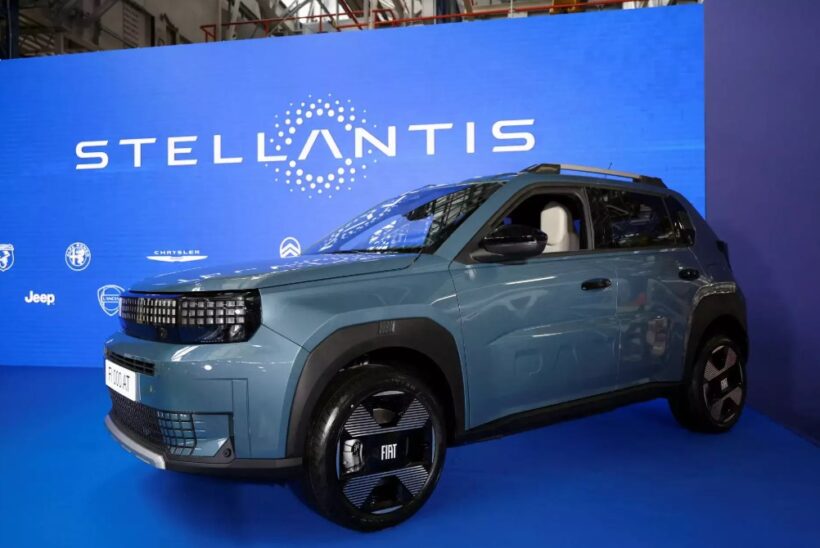
Stellantis CFO Doug Ostermann said the company could shift its production to U.S. plants, such as Belvidere Assembly in Illinois. Stellantis has two plants in Mexico: Saltillo, where it makes RAM pickups and vans, and Toluca, where it makes the Jeep Compass compact SUV. The company also has two assembly plants in Ontario, Canada: Windsor, where Chrysler models are made, and Brampton, which is closed but should resume production this year.
AUDI retains a moderate worry level
The Volkswagen AUDI plant in San Jose Chiapa, Mexico, where the Q5 is made, employs just over five thousand people. According to information on the website, the plant produced almost 176 thousand cars in 2023. Of these, 40 thousand were exported to the United States in the first half of last year alone (according to the Mexican Automobile Industry Association).
BMW’s concern level is not too high
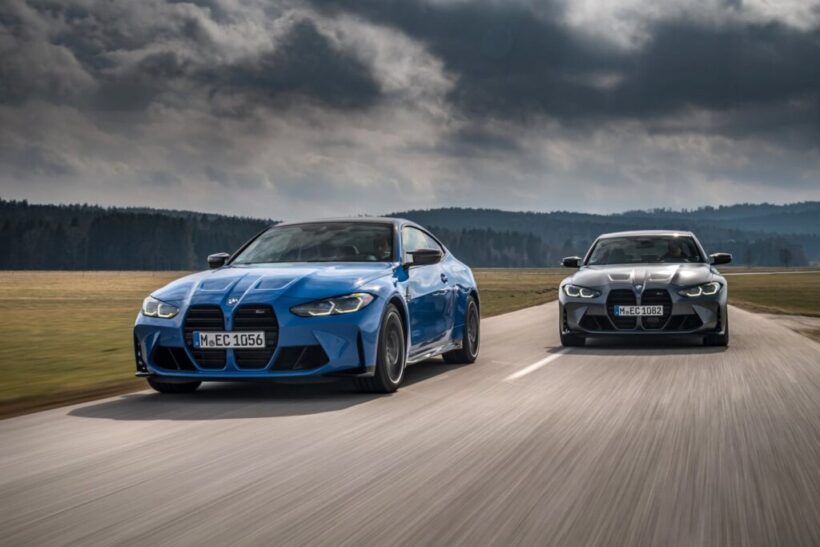
According to the manufacturer, the BMW plant in San Luis Potosí, Mexico, produces the 3-Series, 2-Series coupe, and M2. Almost all of the products go to the United States. In 2027, they plan to launch the all-electric Neue Klasse model line there. When rumors of new tariffs emerged late last year, BMW CEO Oliver Zipse didn’t seem worried. The Spartanburg, U.S., plant produces 1,500 cars daily, making it the largest facility of the brand and a major exporter to global markets, including Germany, China, and the U.K.
According to Oliver Zipse, BMW’s CEO, it may have an advantage over its competitors because of its significant presence in the U.S. BMW is active in twelve states. Two-thirds of BMW vehicles sold in the U.S. are made in Spartanburg, and the company intends to continue investing in the plant, which employs more than 11,000 people.
Honda keeps moderate concern
About a third of Honda cars sold in the U.S., including popular HR-V, CR-V, and Civic models, are made in Canada and Mexico. Honda, which has much to lose, is considering changes to its supply chain to mitigate the potential impact of the tariffs. Honda sends 80% of its Mexican production to the U.S. market.
KIA/Hyundai feel safe
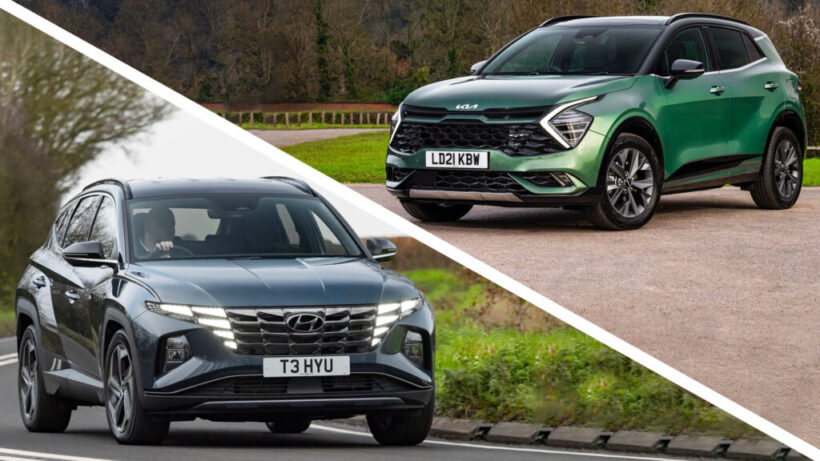
If the selling prices of competing models in the U.S. rise because of the tariffs, Hyundai and KIA could benefit, even if some models, like Hyundai Tucson, and KIA Forte, may be affected.
Hyundai Motor has no factories in Mexico. KIA, according to the website, has a manufacturing facility in Monterrey, Nuevo Leon, Mexico, which can produce about 400,000 cars a year. Last year, Monterrey exported about 150,000 items to America, while the company produced 250,000 in the U.S.
Nissan under threat
Nissan will be hit hard by the tariffs, even more so now that the Honda deal has fallen through. Nissan makes budget vehicles for the U.S. market. And when you make budget products, you have no one to pass on the extra costs that tariffs will incur. Nissan Motor has two factories in Mexico, producing the Sentra, Versa, and Kicks for the U.S. market. In the first nine months of 2024, it made almost 505,000 vehicles.
Toyota. No fuss
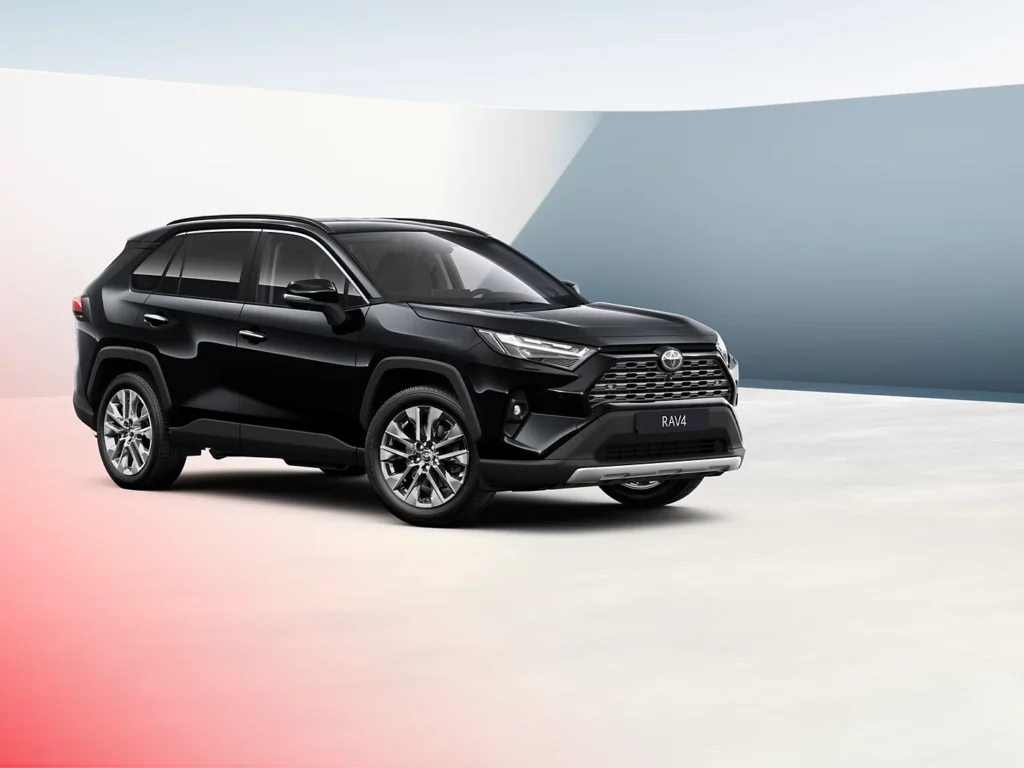
Cyril Dimitris, president and CEO of Toyota Canada, emphasized the long time Toyota has been in the country. Regardless of tariffs, Toyota Canada isn’t going anywhere. However, the Tacoma pickup, RAV4, and Lexus RX models could be affected.
Toyota produces the Tacoma pickup at two plants in Mexico. In 2023, 230,000 vehicles were shipped to the U.S., about 10% of the market’s total.
Volkswagen under hit
Many experts believe the tariffs will hit Volkswagen and Volvo the hardest, especially the Jetta, Taos, and Tiguan models. According to rating agency Moody’s, Stellantis, Volkswagen Group, and Volvo are the most vulnerable to Trump’s possible decision.
According to the automaker’s website, the Volkswagen Puebla plant is the largest car production facility in Mexico and among the largest in the entire Volkswagen Group. In 2023, it produced almost 350,000 cars, including the Jetta, Tiguan, and Taos, which were exported to the United States.
Volvo may suffer from misdirected investment
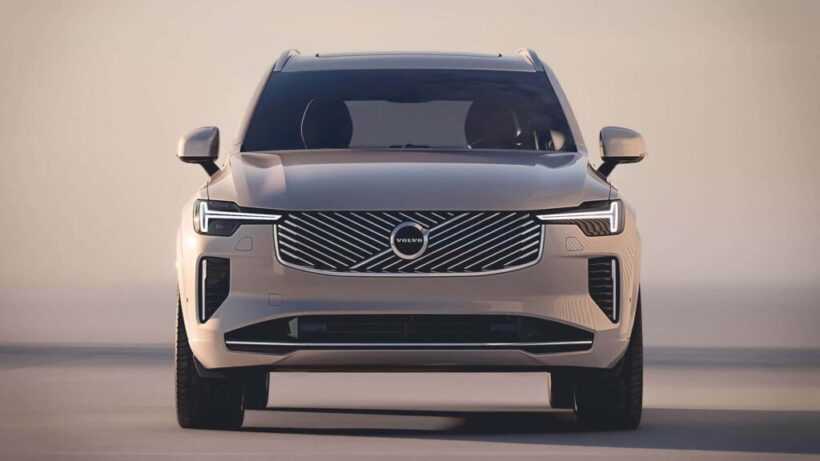
In Canada, Volvo is building a battery gigafactory in St. Thomas, Ontario, investing up to $7 billion Canadian to use in cars it sells in North America. Production is expected to start in 2027. This was likely done in response to legislation that encouraged investment in North America, but it could now be a waste of money if cars made there become even more expensive.

